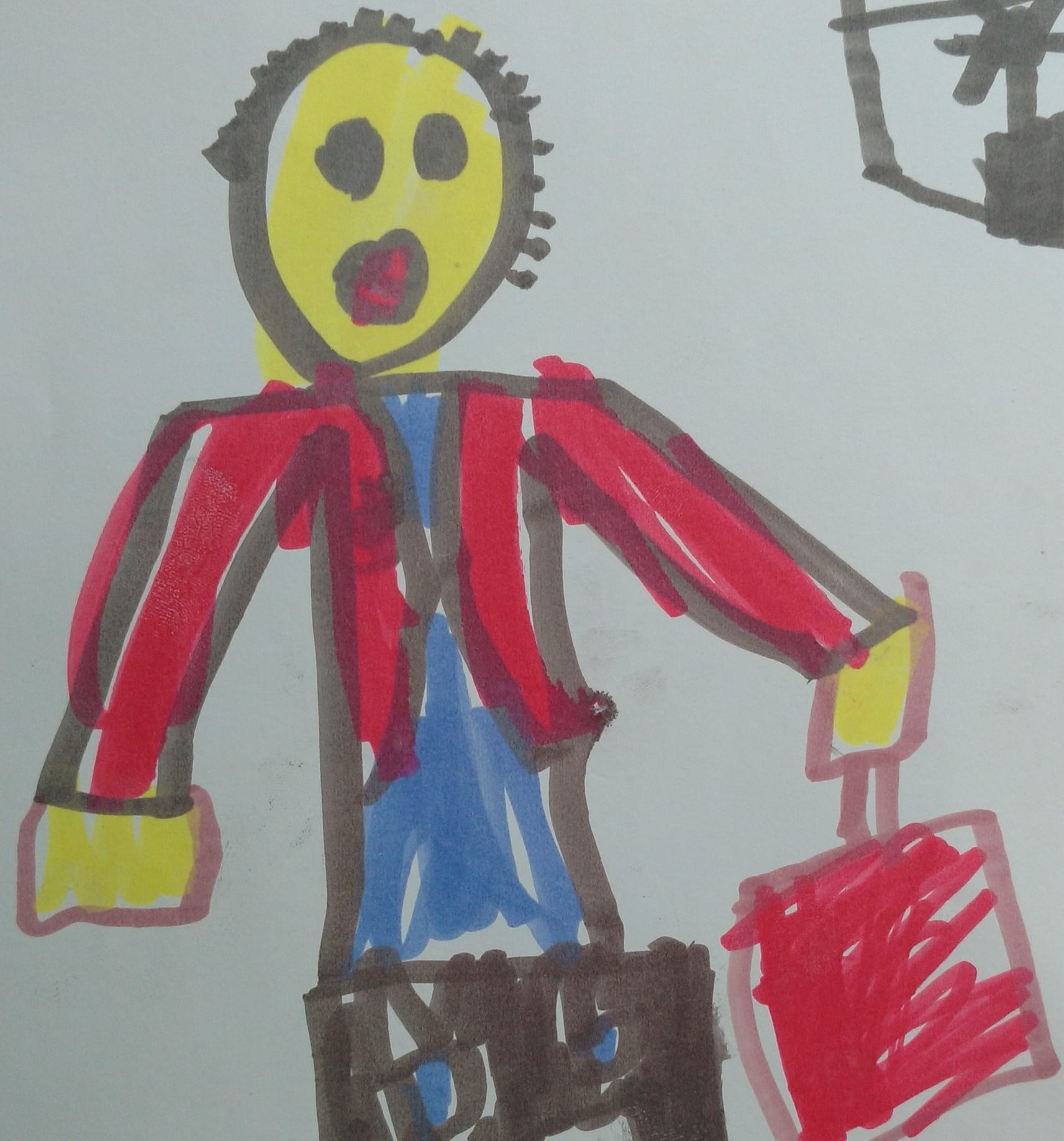Teach kids bodily autonomy
- Miranda L. Galbreath, MA, MA, LPC

- Jul 25, 2021
- 3 min read
Updated: Nov 2, 2024

Working with adults who have committed sexual offenses, this is a behind-the-scenes issue I see lurking in a lot of the offenses where an adult has sexually victimized a child. Most people are not aware of this, but the majority of children who are sexually abused are not abused by strangers, or by someone who is using physical violence. Children are most often sexually victimized by someone who they know and trust, like a family member, teacher, coach, or family friend. In these situations, the person generally has no need to use any physical violence to control the child they are victimizing.
When I read reports that include the statements of children who have been sexually victimized, it’s clear that in most cases, the children didn’t think they could set boundaries with the adult who was abusing them. They didn’t think they could say no, or don’t, or stop, or I don’t like that. They didn’t think they could say don’t touch me there, or this is my body, and I am in control of what happens to it. In a lot of cases, they didn’t think to tell another adult what was happening, because they assumed if an adult was doing it, they didn’t have the right or ability to complain. If an adult was doing it, it must be okay.
It’s not the fault of those children that nobody taught them that they are in charge of their bodies, and that they get to set boundaries around who does what to them. It’s the responsibility of the adults in their lives to teach them that. Unfortunately we often don’t talk to kids about this at all. Or we actively show them that they are not in charge of their bodies by forcing them to have contact when they don’t want it, like making them hug grandma, or telling them they can’t say no when someone asks them to dance at a school dance. (This happened to me. A whole crowd of teachers swooped in to force fifth grade me to dance with a boy when I had absolutely no desire to. Apparently this boy was in charge of my body, and if he wanted to touch it, a whole crowd of teachers was going to gaslight me into thinking I had no say in the matter.)
And it’s not an issue that stops in childhood. Kids who learn that they have no say over what happens to their body become adults who don’t think they have any say over what happens to their body. This might make them vulnerable to having their sexual safety compromised as adults because they don’t feel like they are in control of what happens to them.
And maybe sometimes they become adults who think they don’t need to respect the boundaries that other folks set around their own bodies. For example…folks, I am not a hugger. I am not a touchy-feely, person. I have spent my entire life having to aggressively fight off the advances of people who don’t think I have the right to say no to a kiss or a hug or other physical contact. I have spent my entire life being told by all kinds of people, many of whom I barely know, that there is something wrong with me if I don’t want them to hug me. I have had people sneak attack hug me, because they know I don’t want to be hugged, and I wouldn’t consent to a direct attempt at a hug. Often these people think what they are doing is funny, and they think they have a right to touch my body, and override my own wishes about who can touch my body. (Obviously this is an issue of boundaries and consent. But what about other things? What if I don't want to be touched because of my own trauma experiences? Or because I have a sensory processing disorder? There are so many reasons a person may set boundaries around physical contact, and it's absolutely their right to do so without having to justify it to anybody.)
As you’re going about your life interacting with others, give some thought to how you respect the bodily autonomy of others, how you set boundaries around your own body, and what you teach children and young people about their bodily autonomy, both by what you say, and by what you do.



